Feature
-
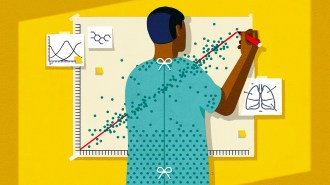 Health & Medicine
Health & MedicineHow patient-led research could speed up medical innovation
People with long COVID, ME/CFS and other chronic conditions are taking up science to find symptom relief and inspire new directions for professional scientists.
-
 Math
MathHow two outsiders tackled the mystery of arithmetic progressions
Computer scientists made progress on a decades-old puzzle in a subfield of mathematics known as combinatorics.
By Evelyn Lamb -
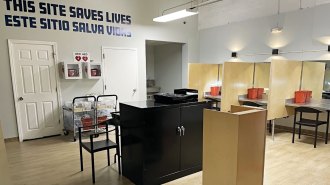 Health & Medicine
Health & MedicineU.S. opioid deaths are out of control. Can safe injection sites help?
A new NIH study will evalute the only two officially sanctioned sites, in New York City, and a future site in Providence, R.I.
By Tara Haelle -
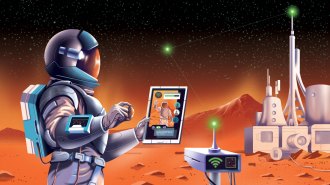 Space
SpaceHow to build an internet on Mars
Future Red Planet inhabitants will need new ways to connect, including improved relay networks and an offshoot internet.
By Payal Dhar -
 Artificial Intelligence
Artificial IntelligenceAI chatbots can be tricked into misbehaving. Can scientists stop it?
To develop better safeguards, computer scientists are studying how people have manipulated generative AI chatbots into answering harmful questions.
-
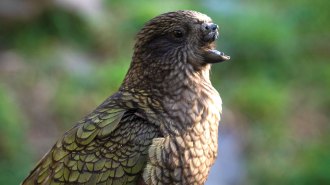 Animals
AnimalsWhat parrots can teach us about human intelligence
By studying the brains and behaviors of parrots, scientists hope to learn more about how humanlike intelligence evolves.
-
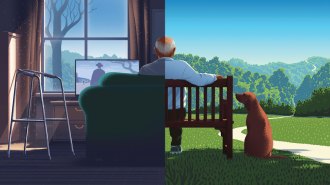 Health & Medicine
Health & MedicineIs aging without illness possible?
Researchers are harnessing basic biology to develop drugs that foster healthy aging. Just don’t call them antiaging pills.
-
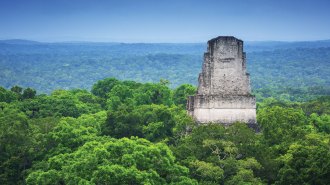 Archaeology
ArchaeologyAncient Maya power brokers lived in neighborhoods, not just palaces
Lidar discoveries and recent excavations are forcing archaeologists to rethink ancient Maya political structures.
By Bruce Bower -
 Science & Society
Science & SocietyHere are 10 early-career scientists you should know about in 2023
Researchers on this year's SN 10: Scientists to Watch list are shaping our future and our understanding of ourselves.
-
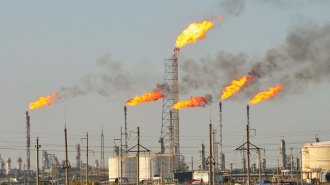 Climate
ClimateCapturing methane from the air would slow global warming. Can it be done?
Removing methane from the atmosphere requires different technology from removing carbon dioxide. Scientists are taking on the challenge.
-
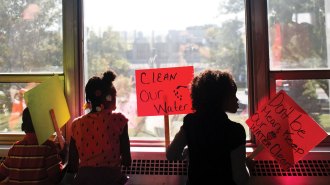 Health & Medicine
Health & MedicineFlint grapples with the mental health fallout from the water disaster
The water crisis started almost a decade ago. Residents of Flint, Mich., are still healing from the disaster — and caring for their own.
-
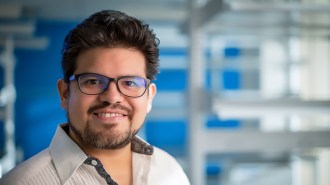 Microbes
MicrobesEvolutionary virologist Daniel Blanco-Melo seeks out ancient pathogens
Daniel Blanco-Melo has reconstructed two viral strains brought to the Americas with European colonizers in the 16th century.
By Pratik Pawar